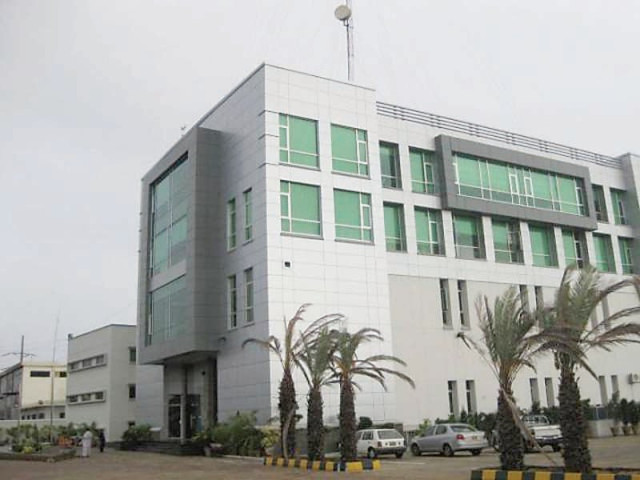SECP seeks names of ultimate KE owners
Bars company management from changing board composition

The Securities and Exchange Commission of Pakistan (SECP) has sought the names of ultimate beneficial owners of K-Electric (KE) and has also stopped its management from changing the current board composition after the Prime Minister’s Office raised queries over a reported indirect acquisition deal.
“The PM Office has instructed the SECP, Privatisation Commission, Power Division and Ministry of Finance to see whether any Pakistani law or regulation has been violated in the recently reported change of ownership of an offshore company that controls KE,” a top government official disclosed to The Express Tribune.
“KE is Pakistan’s largest integrated generation and power distribution company and any change in its ownership structure, directly or indirectly, without requisite regulatory approvals cannot be taken lightly,” said the senior official.
The Infrastructure Growth and Capital Fund (IGCF), one of KE’s shareholders with a non-controlling stake, stated last month that Sage Venture Group Limited, a British Virgin Islands company, has acquired a stake in IGCF and not in KE.
“The SECP has sought certain information from KE on the matter, which is awaited. The matter shall further proceed based on the available facts,” an SECP spokesman said.
An SECP official said that the “SECP has directed the KE management to share the details of ultimate owners, which is required under the Companies Act 2017. However, the KE management has not yet shared the required information. This will determine whether the ultimate owners of KE have changed or not.”
“There is concern that there may be a third party behind Sage Venture and it can only be addressed once KE shares the relevant information,” added the SECP official.
According to the official, the SECP has issued instructions to the KE management that the board and management composition should not be changed until further orders.
KES Power, registered in Cayman Islands, holds 66.40% shares in KE. Besides, the government of Pakistan has 24.36% shareholding.
IGCF holds 53.8% shares in KES Power while 46.2% shares are held by Saudi Arabia-based Aljomaih Power Limited and Kuwait’s Denham Investment.
Last month, both companies filed a lawsuit in the Sindh High Court (SHC), stating that they owned 46.2% shares in KES Power. The group sought a stay order against the offshore deal. SHC gave the stay order and restrained KE from making any changes in its board of directors.
The Aljomaih group has argued that any change in the KE board and management cannot take place without the approval of 75% of its stakeholders.
Officials said that certain regulatory approvals were required before the acquisition of more than 10% shares in a listed company under the Securities Act 2015. No such permission had been sought from the SECP, they added.
Section 110 of the Securities Act states that any acquirer of more than 10% shares will have to disclose the shareholding in a listed company within two days of acquisition.
Similarly, under Section 111, no person, directly or indirectly, can acquire more than 30% of voting shares without first making a public offer.
There were also reports that Sage Venture might also have acquired the shares held by the offshore company in an oil marketing company under the same deal, said the official.
“There is, thus, the need for full disclosure and instructions have been issued to the regulatory authorities and the ministries concerned,” he added.
The PM Office has also been briefed that any direct or indirect change in KE shareholding will be governed by the sale-purchase agreement signed for the privatisation of KE.
This agreement requires the National Security Clearance Certificate and the PM Office has asked the Privatisation Commission to study the deal in light of new developments.
Privatisation secretary did not respond to a request for comments.
The federal government has not given the clearance certificate for the acquisition of 66.4% shares by China’s state-owned Shanghai Electric Power that wanted to buy the majority stake for $1.77 billion six years ago.
However, the deal ran into trouble due to the non-settlement of KE payables and receivables and legal issues being faced by the Abraaj Group.
Published in The Express Tribune, November 11th, 2022.
Like Business on Facebook, follow @TribuneBiz on Twitter to stay informed and join in the conversation.



















COMMENTS
Comments are moderated and generally will be posted if they are on-topic and not abusive.
For more information, please see our Comments FAQ